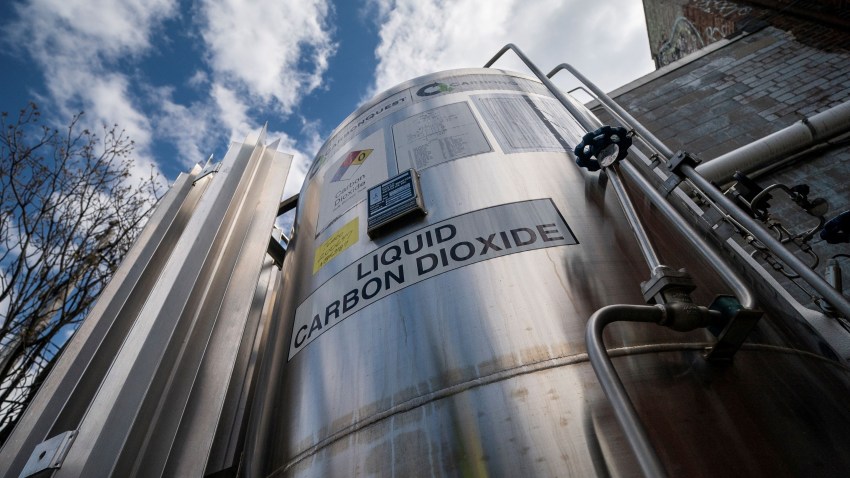In April, a vast mass of hot air settled over the western Mediterranean, producing a record-breaking heatwave in Algeria, Morocco and Spain. In some places, thermometers reached over 20 degrees C higher than would be expected for this time of year. The weather was so extreme that scientists were able to quickly conclude it would have been impossible without human-caused climate change.
Climate change attribution has made major strides in the past decade. Scientists are now able to say with increasing confidence that extreme weather events were made more likely because of higher concentrations of carbon dioxide in the atmosphere. The academic papers published in this area are complex, much of them being mathematical and almost entirely incomprehensible to most people. But the main message that comes from this work is very simple: Climate change, once cast as a distant threat, is happening now, and it’s killing people.
Average global temperatures are now 1.2 degrees C warmer than preindustrial periods, and keeping that increase below 1.5 degrees C has been the focus of recent climate diplomacy. But even those most optimistic about governments’ abilities to actually implement policies to reduce global greenhouse gas emissions accept that we are decades away from stabilizing temperatures. So what do we do? The best time to have tackled the climate crisis was 40 years ago. If we had listened to the warnings from scientists then, we could have gradually weened ourselves off fossil fuels at a rate that would have been compatible with mainstream growth-based policies. That didn’t happen, and so now we may need to fundamentally rethink how our economies function in order to rapidly decarbonize them. After all, we can’t go back and change the past—we don’t possess a time machine. Or do we?

